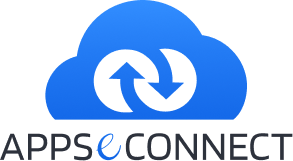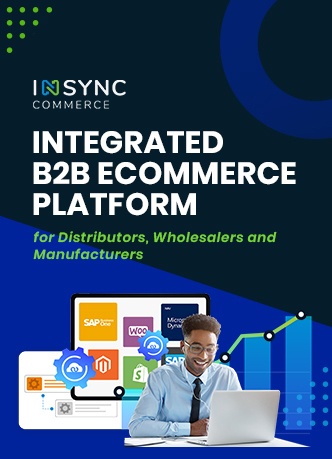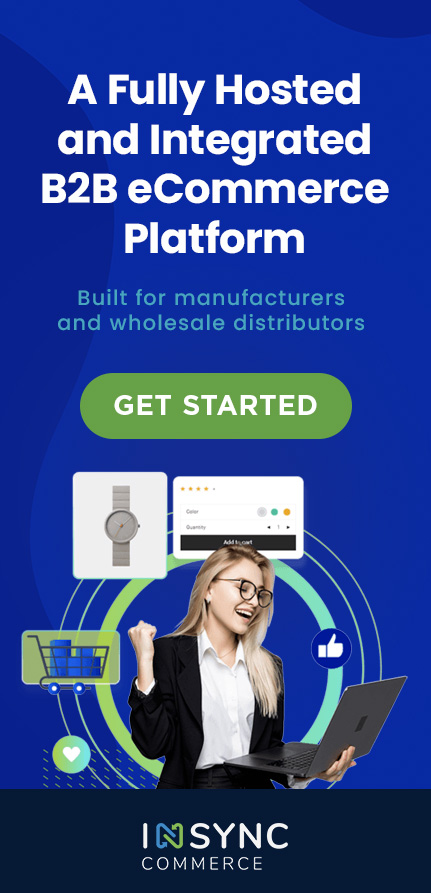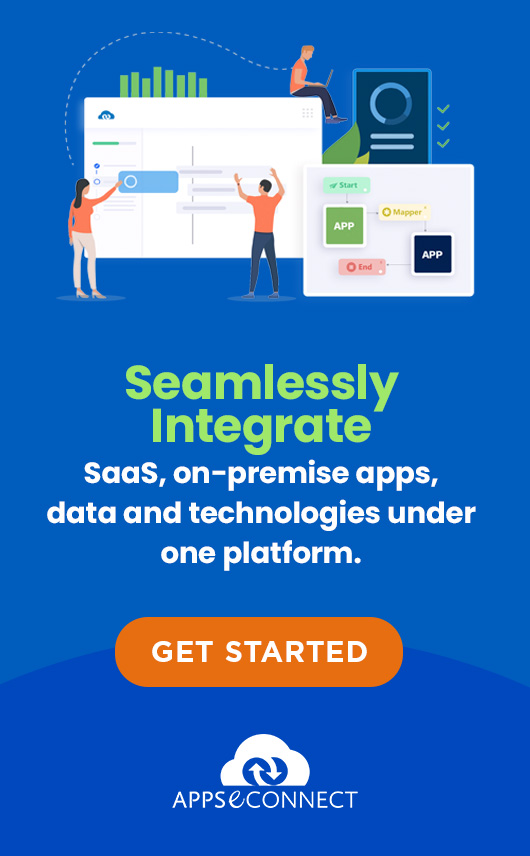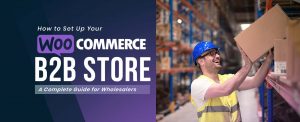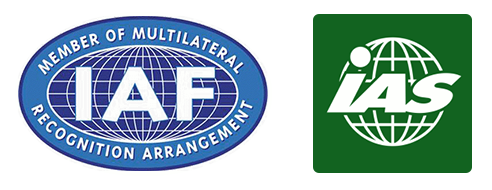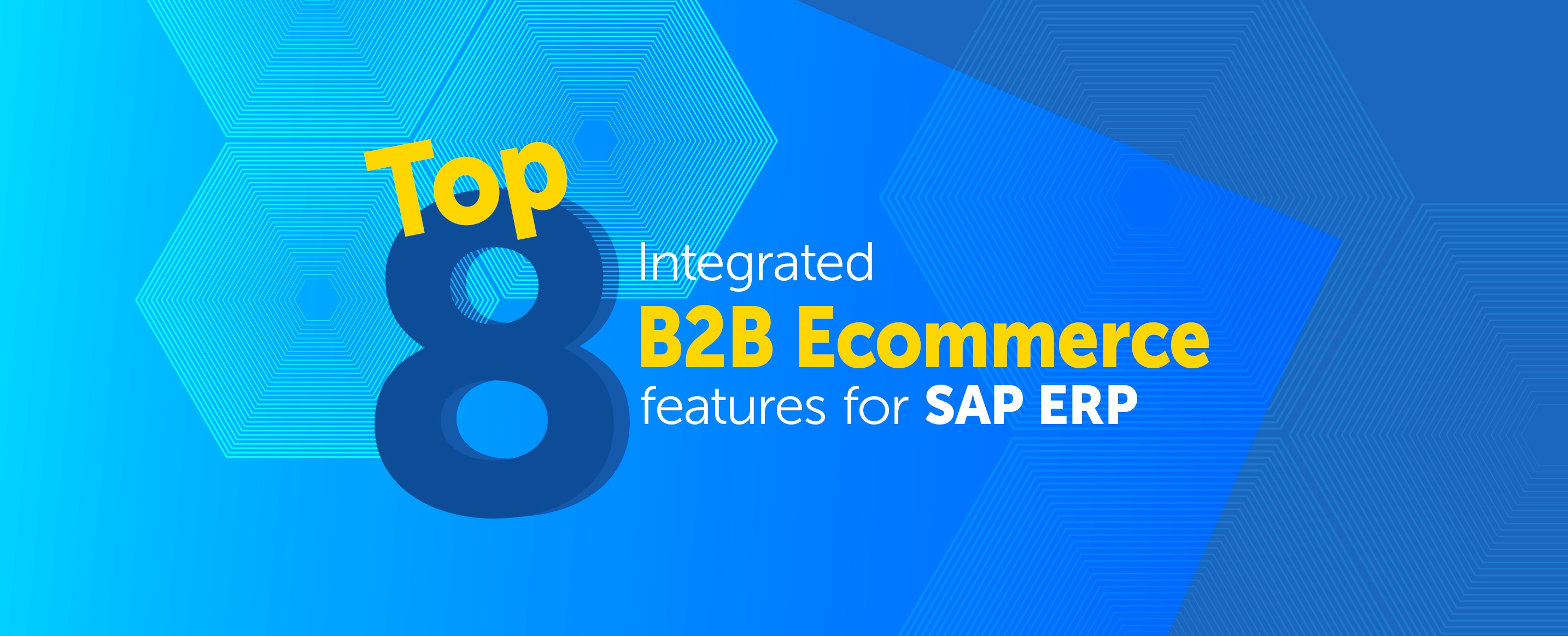
The majority of B2B or Wholesale businesses are switching their offline business to online stores with the help of integrated B2B Ecommerce solutions. Due to this transformation, the Wholesalers can reach to most parts of the world and sell in masses. A B2B Ecommerce solution gives the same ease to buy and sell products as that of B2C Ecommerce solution.
On the other hand, maintaining an ERP for the back-end business processes is also a common practice and a must, in most cases. SAP ERP is one of the world’s leading ERP solution and gives its users the credibility and robustness of an already B2B-stable ERP. Integrating SAP ERP with a B2B Ecommerce via an integrating platform can easily boost B2B business processes and take the operations to the next level. The following are the top 8 important entities in your SAP ERP which goes hand-in-hand with an Integrated B2B Ecommerce environment.
B2B Customers
All B2B Customers in SAP are B2B Companies in your Ecommerce and vice versa. The contact persons in SAP are contact persons of the respective B2B customer in the Ecommerce. The customer’s name, email, address, contact persons, store locations and credit information are a part of it. A B2B Customer account gets created in the Ecommerce against the Business Partner of SAP ERP. With correct application integration, all the customers’ details maintained in SAP will be synced to the Ecommerce.
Contact Persons
New Contact Person accounts in the Ecommerce will be synced as the Contact Persons of Business Partner Master Data document in SAP ERP with the help of SAP-Magento integration. Active Contact Persons in an Ecommerce can log in and place orders on behalf of the B2B customer account. These orders are downloaded against the Business Partner Master Data in SAP ERP.
Sales Reps
The Sales Rep associated with the Business Partner Master Data in SAP ERP will be synced a Sales Rep account in Ecommerce with the email id of the Sales Rep. Sales Reps will log in to their account in Ecommerce, select the B2B company account and place order. These orders are downloaded against the Business Partner Master Data in SAP ERP.
Product Catalog
Different product catalogs created in Ecommerce will be synced in SAP’s Item Master Data. The product catalogs in an Ecommerce helps to display different groups of products for different customers
Price List
Customer-specific pricing gets synced and is displayed on the Ecommerce front end fetched from SAP ERP in real-time. This simulates the price using the pricing procedure defined in SAP and gets the updated price. The price list includes all types of discounts granted to the customer at various levels
Orders
All the web sales order created within an Ecommerce by a B2B customer gets registered and synced in SAP in the Sales Order module for the respective customer. In case a customer uses credit limit to purchase, the balance gets reduced in the available limit of the credit limit in SAP ERP.
Invoices
Invoices produced in Integrated B2B Ecommerce automatically generates an invoice in SAP ERP, which includes the payment captured in the Ecommerce site. Once an invoice gets cleared in SAP, it is shown as paid in Ecommerce. This helps in understanding the payment dues of customers.
Credit Limit
Credit Limits maintained in SAP ERP gives the customer an ability to purchase goods on credit in an Integrated Ecommerce environment. The credit information gets updated and synced on the Ecommerce store using the payment and invoice information in SAP ERP’s integration with the Ecommerce.
For more information on Integrated B2B Ecommerce platform, click here.

